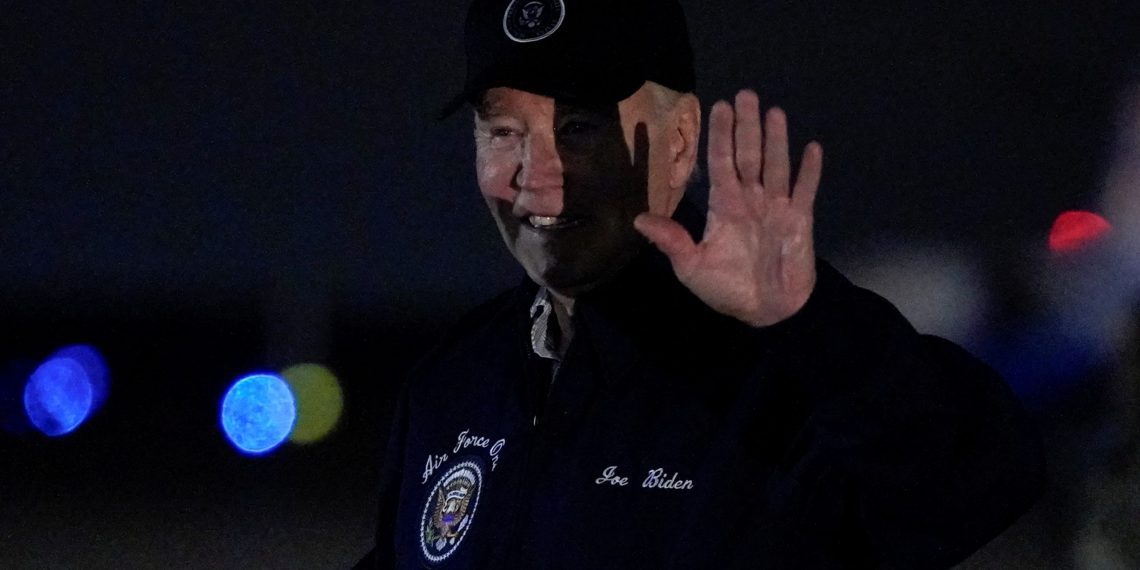As Donald Trump prepares to return to the White House in January, outgoing President Joe Biden is reportedly considering issuing preemptive pardons for key allies and officials who may become targets of Trump’s administration. The unusual move could protect high-profile figures like Anthony Fauci, Liz Cheney, and Adam Schiff from potential political retaliation.
Discussions about preemptive pardons are reportedly underway among White House lawyers, with Biden consulting senior aides about the legal and political implications. While these pardons are rare, they have historical precedent, such as Gerald Ford’s controversial pardon of Richard Nixon in 1974.
A Looming Threat
Trump has publicly vowed to pursue legal action against political opponents. His comments about “locking up” critics, such as Cheney, and reports of FBI Director-designate Kash Patel drafting a list of targets have heightened concerns within the Democratic Party.
Representative Brendan Boyle voiced strong support for Biden to issue “blanket pardons” to shield allies from what he called a “very real threat” of political persecution. On the other hand, some Democrats, including Schiff, have opposed the idea, warning it could appear defensive and unnecessary.
Legal and Historical Context
Preemptive pardons, while uncommon, are legal under U.S. law. The 1866 Supreme Court ruling in Ex parte Garland affirmed that presidential pardon powers are “plenary,” extending to crimes committed before charges are filed. Notable examples include Abraham Lincoln’s Civil War-era pardons, Jimmy Carter’s pardons for Vietnam draft-dodgers, and George H.W. Bush’s pardon of Caspar Weinberger during the Iran-Contra scandal.
A Political Gamble
While preemptive pardons could shield Biden’s allies, they also carry significant political risks. Critics argue that such actions might deepen divisions and provoke accusations of overreach. Biden himself is no stranger to controversy over pardons, having recently granted clemency to his son Hunter Biden, a move that faced bipartisan scrutiny.
White House officials have yet to comment on the matter, leaving questions about the scope and timing of any potential pardons.
A Strategic Shield
If Biden proceeds, preemptive pardons would send a clear signal that he aims to protect his allies from perceived political vendettas. With Trump’s presidency looming and the political climate more polarized than ever, the decision could set a defining precedent for how outgoing administrations prepare for dramatic shifts in power.









